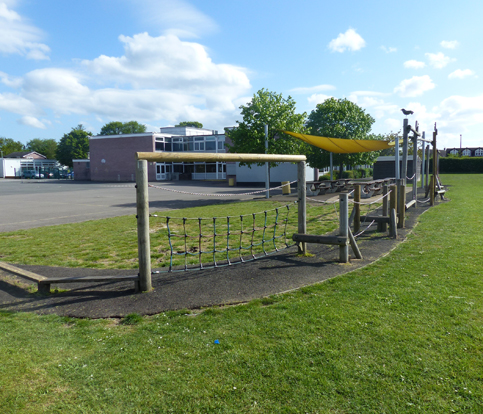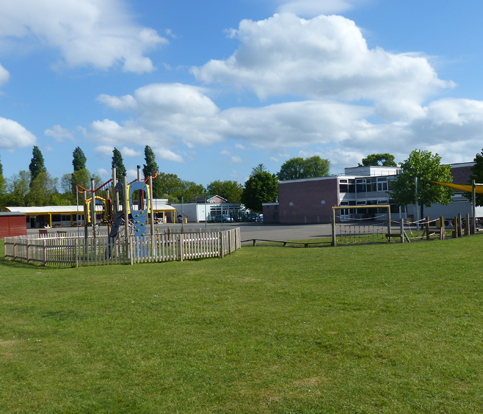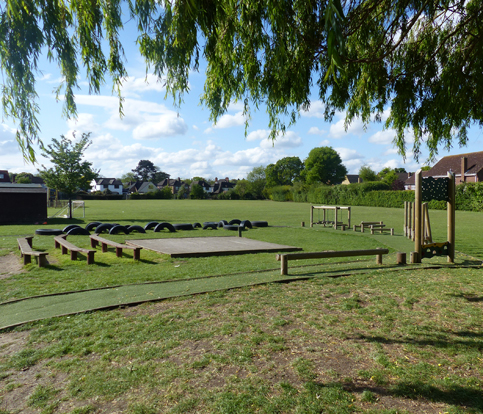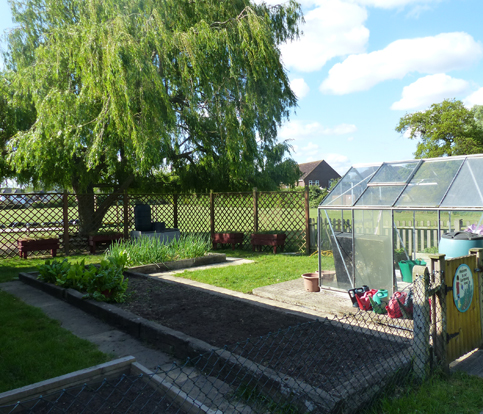English
Listening, speaking, reading and writing all make up the core elements of the English curriculum. At Nelmes Primary School our children are taught to actively listen, and speak articulately and with confidence. We promote high standards of English by equipping the children with a strong command of the spoken and written word, and we develop a love of literature through widespread reading for enjoyment. The children become fluent, expressive readers who are able to comprehend a wide variety of texts and the children develop the necessary skills required to write in detail and at length across a range of genres.
The aims of our English Curriculum are to:
- read easily, fluently and with good understanding
- develop the habit of reading widely and often, for both pleasure and information
- acquire a wide vocabulary, an understanding of grammar and knowledge of linguistic conventions for reading, writing and spoken language
- appreciate our rich and varied literary heritage
- write clearly, accurately and coherently, adapting their language and style in and for a range of contexts, purposes and audiences
- use discussion in order to learn; they should be able to elaborate and explain clearly their understanding and ideas
- are competent in the arts of speaking and listening, making formal presentations, demonstrating to others and participating in debate.
In order to become accomplished and master skills in these key areas, the school has developed a clear, systematic and progressive approach which develops an enjoyment of English, an area prevalent in so many other subjects.
Children’s early English skills are developed with a focus on spoken grammar and vocabulary growth. Children begin learning phonetic sounds. They learn to match sounds and letters which is an essential part of early reading and writing development.
Children continue with a structured phonics programme which moves in to learning spelling patterns. Children’s reading fluency becomes well developed alongside questioning to ensure children fully comprehend the text they are reading. The children’s writing improves as children learn appropriate use of spelling, grammar and punctuation whilst also communicating, through the written word, text which is interesting and enjoyable to read.
Children’s reading, writing and speaking skills develop in sophistication. Children are able to read with increasing fluency and speed. They are able to comprehend challenging texts and infer meaning. Their writing is developed and children are able to proof read their work, checking for errors and making important decisions in the editing process. Children’s writing shows evidence of higher level punctuation and grammar. The children’s written voice evolves as they select the most appropriate vocabulary, phrases, punctuation and grammar, in order to create an engaging and purposeful piece of writing.
We have chosen core texts for each year group to study which both develop language, foster an enjoyment of reading, and provide a stimulus for genre based writing. These core texts have been carefully selected to ensure a balanced diet of reading. They include picture books, modern, traditional and classic literature, with some texts linking to the History or Geography topics. Books have also been chosen to represent diversity both in content, culture and authorship.
English is taught on daily basis in a variety of age appropriate ways. Morning work allows the children to practice and consolidate English skills such as punctuation, grammar, handwriting, spelling and phonics. In key stage 1 and early key stage 2, phonics is taught daily using a systematic approach. Guided reading sessions ensure children are being taught key reading skills such as inference, retrieval of information, scanning and skimming, as well as a deeper discussion of the book being read. Fluency groups give the children an opportunity to further practice reading at an age appropriate rate and build the stamina necessary to fully access the primary curriculum. A daily hour of English is dedicated to teaching the key writing and reading skills and knowledge that the children are expected to learn, know, understand and apply by the end of each year. Wherever possible teachers in all year groups plan opportunities for the children to practice these English skills in other subjects. With our curriculum now established teachers have freedom to plan cross curricular reading and writing.
The English curriculum and outstanding teaching at Nelmes Primary ensures that all pupils are well equipped for their next steps in their education and life in 21st Century. Pupils have excellent attitudes to learning in English. They have developed a love of reading, are confident and articulate speakers who are also able to write effectively.
Monitoring of lessons and books show that children are given range of learning opportunities from the English curriculum, with children being provided with support and challenge.
Effective termly monitoring indicates that children make very good progress throughout the whole school including those with SENDs and are in receipt of pupil premium. Regular formative assessment informs teaching and staff fully understand when children need more time dedicated to a particular skill and when to move the children on.
Pupil outcomes at the end of Key Stage 1 and 2 are excellent, with outcomes above and well above national averages and a high proportion of children achieve greater depth standard at the end of each phase. Pupil outcomes at the end of each year group are very good across the school.
For more information on our English curriculum please see
Bug Club Phonic teaching structure
Reception criteria for reading
Year 1 reading and writing expectations
Year 2 reading and writing expectations
Year 3 reading and writing expectations
Year 4 reading and writing expectations
Year 5 reading and writing expectations
You may also be interested in :
Children's reading list- Ages 2- 4 years
Children's reading list -KS 1 Ages 5-7 years
Children's reading list- Year 3
Children's reading list -Year 4
Children's reading list-Year 5
Children's reading list - Year 6
Reading provision September 2020
Click here for support at home with Grammar Explained
|
To log into Bug Club click on the Bug Club Logo
|
 |

















